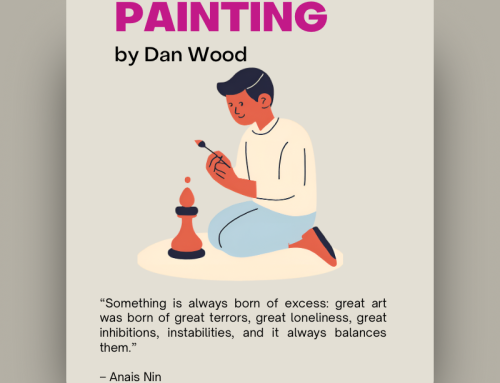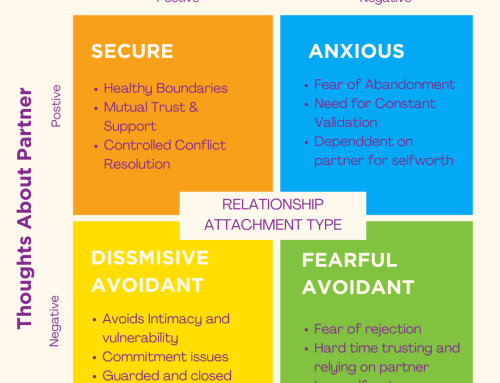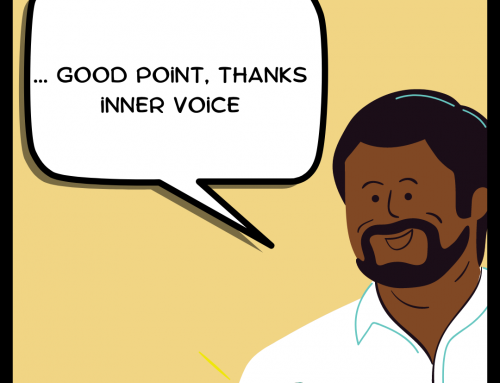The love contract – relationship counselling
Valentine’s Day isn’t red roses for all of us. In fact, the ‘violets are blue’ bit is often closer to the mark. Myley Cyrus’s timely lyric, ‘I can buy myself flowers,’ has also struck a chord.
The truth is that relationships can be difficult, and certain times of the year can put focus on any cracks forming. If you’re finding your relationship tricky and don’t want to separate (and not in an abusive relationship), it’s good to know your options.
“At 90, I asked my nan about the secret to a long and happy marriage. She said that you have to allow yourself to fall in and out of love many times – but always allow the opportunity to fall back in love with the same person.” A friend of the AoC
Understand personal stuff and couple stuff
It sounds easy, but often the arguments only represent around 20% of what is going on in a relationship. When you sit with a couple’s therapist, you’ll explore your struggles as a couple.
As an individual, you will have your world and its difficulties, which could be personal, work, family, or maybe financial concerns. As a couple, this might be compounded by how one or the other acts or responds.
When you combine the two and walk away from a blame culture, you can start to unpack everything. Often, the problem is what’s surrounding the relationship.
Learn how to talk again as a couple
At some point, we all forget how to communicate properly with each other – especially when angry. We forget to actively listen – waiting until we next have a chance to speak. We often don’t even notice that we’re doing it.
It’s good to stand in the other person’s shoes – trying to understand how they feel. It’s not easy, but developing empathy for the other person again is part of the process of healing together.
If you’re in therapy, this will be in a room together. But if you’re trying this on your own, try going for a walk, so you’ve changed the environment. There is no eye contact, and it’s difficult to walk away from each other when you’re already walking. Work it in with something you both enjoy, like a trip to a coffee shop.
Moving forward – standing in their shoes
Once you have understood the individual difficulties, couple problems, and what it’s like to stand in the other person’s shoes, you can move forward.
And moving forward often includes some self-care areas that you individually may have been neglecting.
At the start, you may need to book in time to talk regularly and check-in. Try to book activities you both enjoy or offer an insight into your partner’s world so you can understand them again.
Unfortunately, it’s at stage three that you might decide that your paths are not the same, and this is often when separation becomes a reality. However, if this is the case, you can both genuinely say that you have worked everything through to a conclusion – you have tried to understand.
The love contract
If you’ve reached stage four, you have worked incredibly hard to empathise with each other and are ready to make the love contract.
The love contract is a way of cementing your joint goal of healing and moving your relationship further.
How to make a love contract:
- Separately (without peeking), create a list of the areas you need to work on individually and together to realise a happy and loving relationship.
- You then come together to compare notes.
- After putting in the hard work, they are usually 80 to 90% similar.
- Now you create a joint love contract to commit to change.
And whether you did this in couples therapy or as a couple at home, this is where your journey begins together. You forget the past and move forward.
If you need support as a couple to work through your phases, you can contact the Arts of Change Trust to book a qualified therapist at 01382 211168 or email support@theaoc.org.uk.





